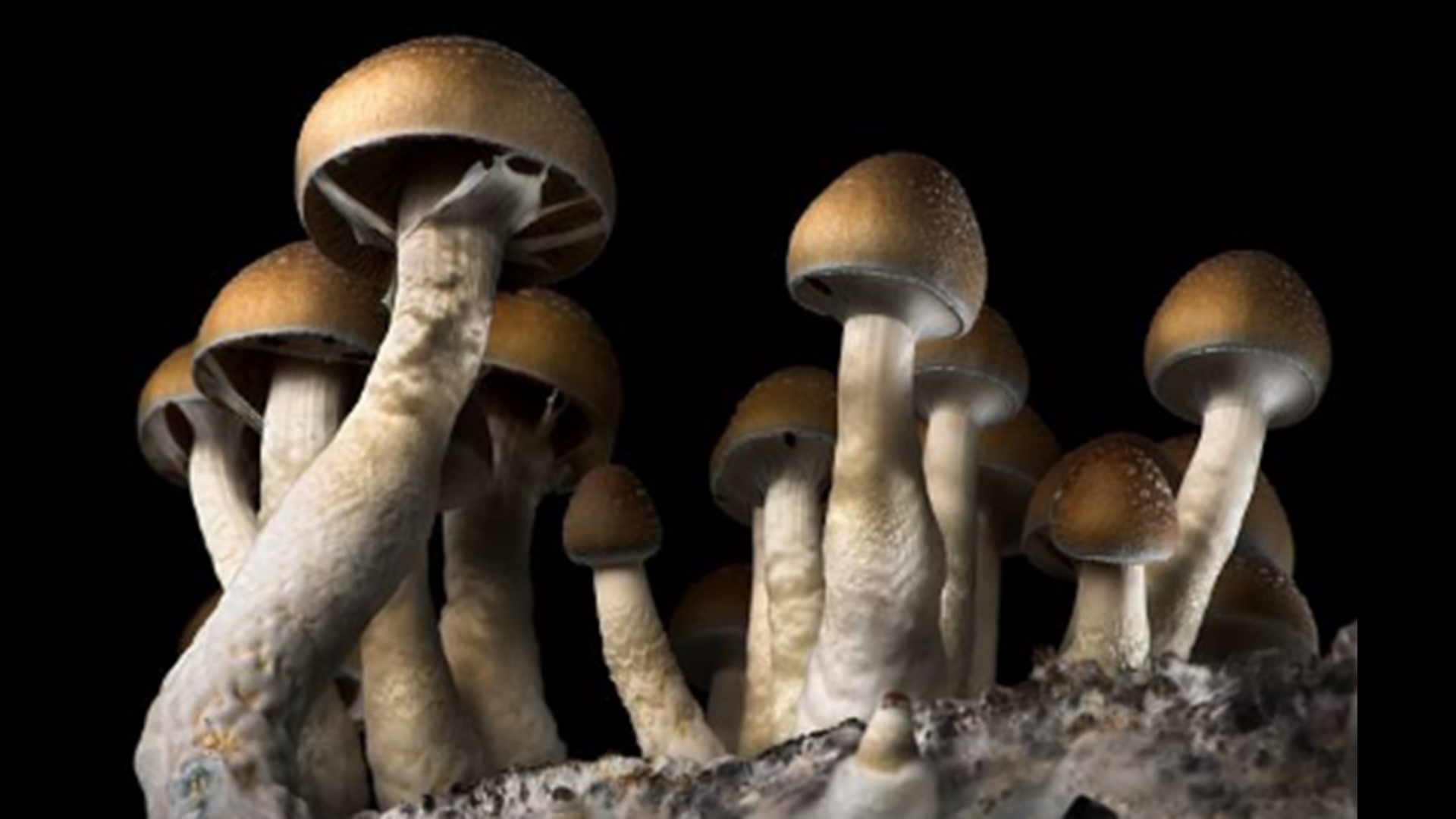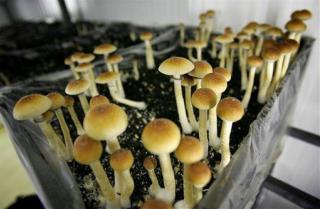Denver is the first us city to decriminalize psilocybin magic mushrooms

Denver is the First US City to Decriminalize Psilocybin “Magic Mushrooms”
Denver has become the first city in the United States to decriminalize psilocybin, commonly known as “magic mushrooms.” The historic initiative, known as Initiative 301, was approved by voters on May 7, 2019, with a narrow margin of 50.6% in favor and 49.4% against. This move has garnered attention from both proponents and opponents alike, sparking debates and discussions about the potential benefits and risks associated with the substance.
Psilocybin is a naturally occurring hallucinogenic compound found in various species of mushrooms. It has been used for centuries in spiritual and ceremonial practices by indigenous cultures across the globe. Despite its long history of use, psilocybin remains illegal at the federal level in the United States and is classified as a Schedule I substance, along with drugs like heroin and LSD.
The decriminalization of psilocybin in Denver does not mean that the substance is legal, but rather that it is now the city’s lowest law enforcement priority. This means that Denver’s law enforcement agencies will no longer prioritize the investigation and prosecution of adults over 21 years old who possess and use psilocybin mushrooms. However, the sale or distribution of psilocybin remains illegal.
Supporters of the measure argue that the decriminalization of psilocybin is a step toward addressing the potential therapeutic benefits that the substance may offer. Research suggests that psilocybin may have potential in treating various mental health conditions, including depression, anxiety, and post-traumatic stress disorder (PTSD). Proponents believe that removing legal barriers will allow for more research opportunities and help people seeking alternative treatment options.
Critics, on the other hand, express concerns about the potential risks of psilocybin use. They argue that without proper regulations and controls, the decriminalization of magic mushrooms may lead to increased accessibility and misuse. Additionally, some worry about the potential for addiction and the risk that certain individuals may have adverse reactions to the substance.
Denver’s initiative has also sparked a broader conversation about drug policy reform in the United States. Proponents of drug policy reform view the decriminalization of psilocybin as a progressive step towards a more comprehensive approach to drug regulation. They argue that criminalization has failed to effectively address drug use and instead perpetuates a cycle of incarceration and stigmatization.
It is important to note that Denver’s initiative is limited to the city itself and does not impact federal law or other jurisdictions. Nevertheless, the decision has significance as it marks a new chapter in the ongoing discussions surrounding psychedelic research, mental health treatment, and drug policy reform in the United States.
Sources:


Tags
Share
Related Posts
Quick Links
Legal Stuff

